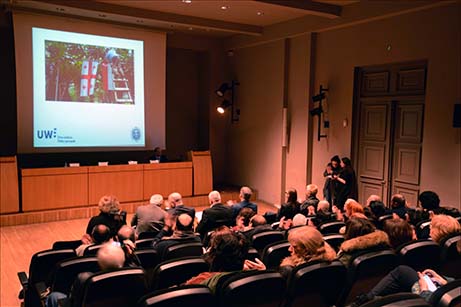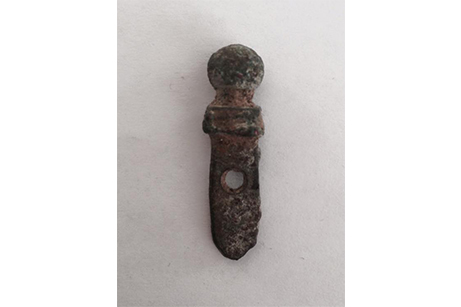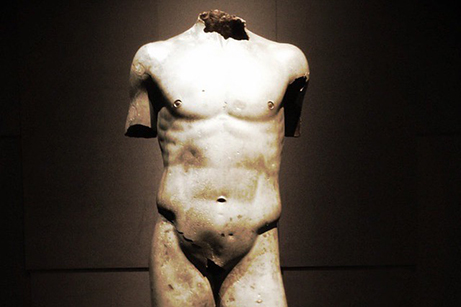Georgia invites Polish experts to study ancient settlement

Poland is the latest country to join international experts studying one of Georgia’s most significant archaeological sites.
The Georgian National Museum signed a Memorandum of Cooperation with the University of Warsaw today regarding the ongoing research of the ancient Dzalisa complex in eastern Georgia.
The Georgian side said the Polish institution would join efforts for "development and conservation" of the ancient settlement, located 60km northwest of capital Tbilisi.
Dzalisa is an ancient castle settlement consisting of inter-crossing streets paced with brick slabs, public and private dwellings and cultic buildings adorned with mosaics. Archaeological teams have also discovered bath houses, water supply systems and traces of ancient sewerage systems.
The Museum regarded the Dzalisa complex as "one of the most significant archaeological sites of the Classical period”.

Works at the Dzalisa archaeological site in eastern Georgia. Photo by Georgian National Museum.
New works at the site will include the first ever aerial mapping of the area, while research of artefacts discovered there would continue with other project partners.
The University joined a group of five Georgian and international organisations who are jointly working at the monument. Among those involved include Italy's Ministry of Foreign Affairs and International Cooperation, and the Institute of Conservation and Restoration of Rome.
Mentioned in notes by 2nd Century AD Greek geographer Claudius Ptolemy, Dzalisa was considered "one of the most important archaeological monuments in the historic kingdom of Kartli," the Museum said.
The site was first excavated in 1971 and continued until 1990.
More information and details of the Dzalisa archaeological site can be found on the official Georgian National Museum website here.
 Tweet
Tweet  Share
Share

